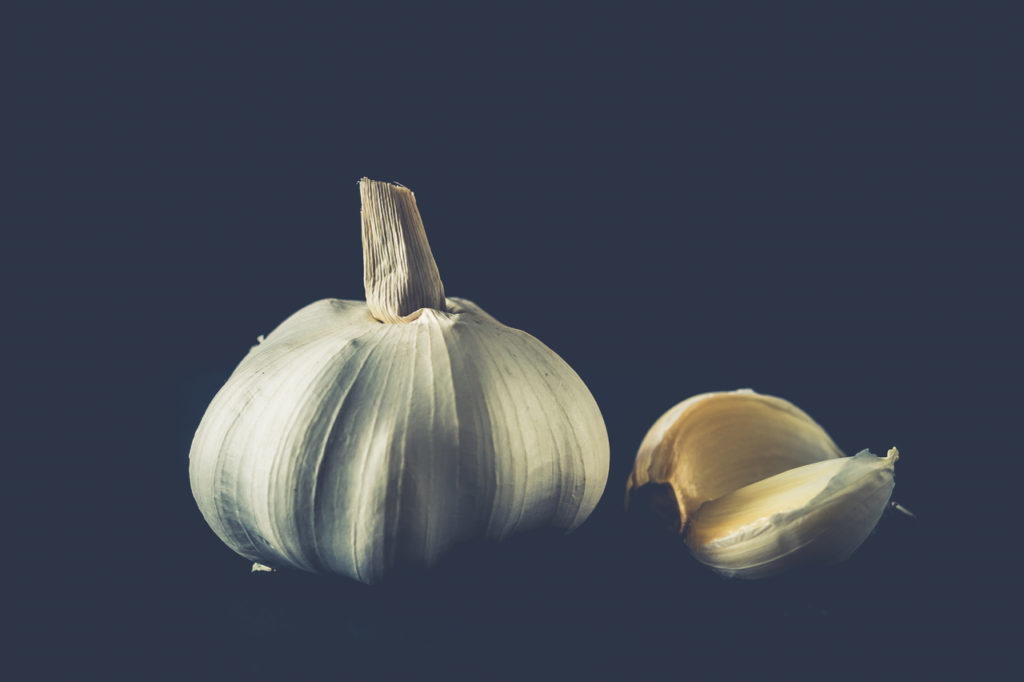Since the outbreak of the new coronavirus (Covid-19) pandemic in China at the end of last year, a wide variety of claims have been made about the origins of the virus, its spread and how to combat it.
As the saying goes, a lie is halfway around the world before the truth has got its boots on, and never has that been more true than in these days of social media, when even the word “viral” has been co-opted by the internet. Here are some of the more intractable myths.
Claim: Warmer weather will help to kill off the virus in the environment.
This claim was spread by none other than US President Donald Trump, nevertheless it is false. The virus is carried by humans and transmitted to other humans, and humans tend to remain at a fairly steady temperature whatever the weather. The same goes for the claim: Cold weather will kill the virus. Here too, the verdict is: False.
Claim: Covid-19 was bio-engineered in a lab and escaped into the environment.
Such claims by conspiracy theorists emerge whenever something unprecedented appears, from the moon landings to Covid-19. This theory calls to the stand a patent application to the European Patent Office, which is in itself genuine.
However the patent relates to the SARS epidemic of 2003/2004, and a mutated form of that virus – itself a type of coronavirus – to be used in testing kits. According to a paper published recently in the journal Nature Medicine, the Covid-19 virus can be genetically examined and its origins shown to be the product of natural evolution, and not of a lab in China, France, the USA or anywhere else. Verdict: False.
Claim: Eating garlic will protect against the virus.
Garlic, especially raw garlic, is generally accepted to be a healthy food with proven anti-microbial properties. However, according to the World Health Organisation (WHO), “there is no evidence from the current outbreak that eating garlic has protected people from the new coronavirus.”
The same lack of evidence is found for claims that gargling with salt water or vinegar will protect against the virus. There is simply no evidence that the claims are true. Moreover, experts fail to understand how such claims might even be imaginable. Needless to say, the claim that gargling with bleach will protect against the virus is not only false, but also ill-advised. Verdict: False.
Claim: You can find out if you’re infected by holding your breath.
A message circulating on social media claims you can test yourself for Covid-19. Hold your breath for ten seconds, then release. If you do not cough immediately, you are not infected.
Last weekend, two senior doctors at the St-Pierre reference hospital in Brussels called for systematic testing of hospital personnel for the virus, because infected people do not always display symptoms yet can still be contagious. The state could save millions on testing reagents and equipment if a ten-second breath test were just as effective. Verdict: False.
Prevention is better than cure. The best and most reliable way of tackling the virus is to avoid being infected in the first place. That means washing your hands regularly and thoroughly; maintaining a distance from others of at least 1.5m; staying at home unless going out is absolutely unavoidable, for example to buy food, visit the doctor or the pharmacy (but call first) or for exercise. Simple precautions, but effective.
For correct and trustworthy information on the coronavirus and the pandemic, consult the following websites:
The official Covid-19 site of the federal government (in English)
Some links for information on support measures for the self-employed and others
The site of Sciensano, the government’s public health agency
Alan Hope
The Brussels Times

